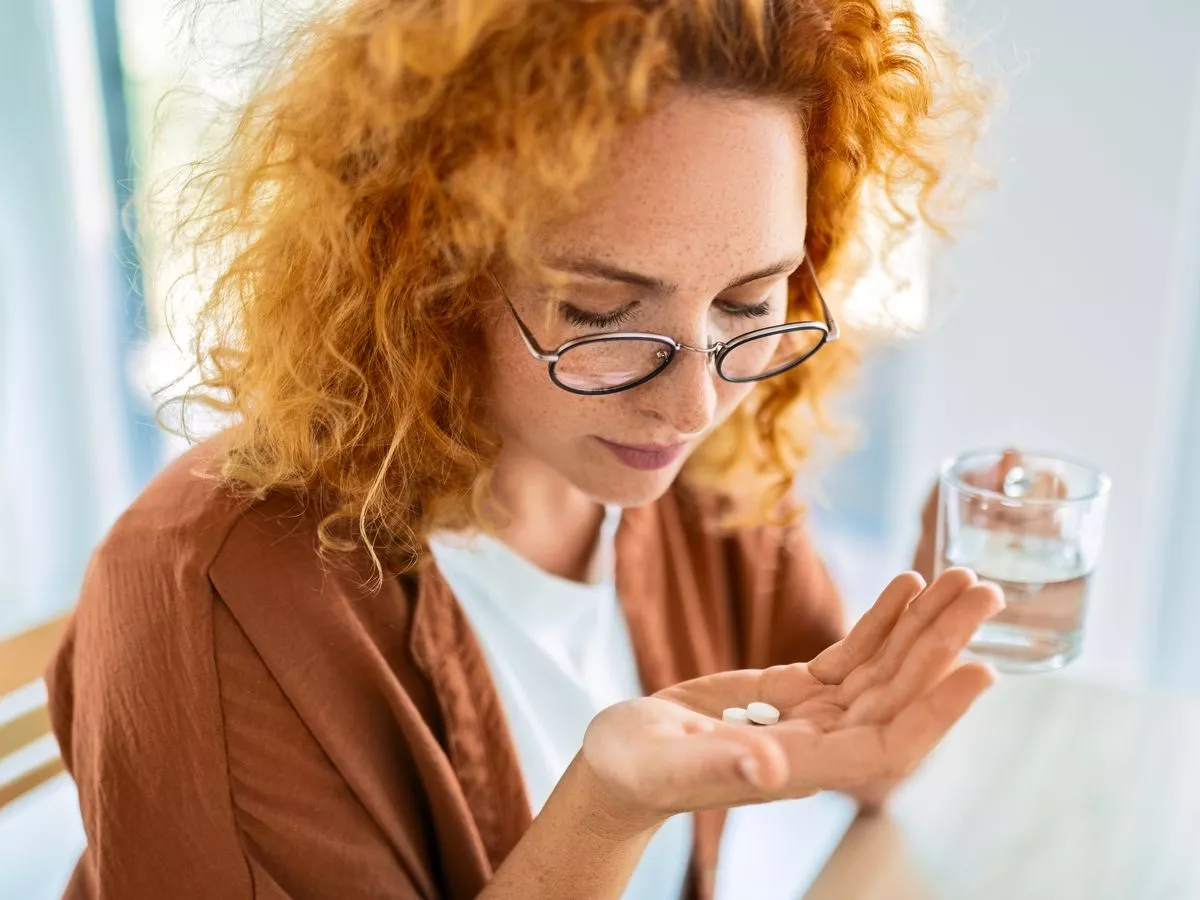Copyright mirror

The NHS has issued a crucial reminder to Britons to take a specific supplement daily during certain months of the year. The health body advises that from October to March, we should be supplementing our diet with vitamin D. In a post on social media platform X, the NHS recommended considering vitamin D supplements. The majority of our natural intake of vitamin D comes from sunlight, which can become scarce during autumn and winter. On X, the NHS advised: " From October to March we can't make enough vitamin D from sunlight , so to keep bones and muscles healthy, it's best to take a daily 10 microgram supplement of vitamin D. You can get vitamin D from most pharmacies and retailers." Through its website , the NHS reiterated that Government guidance suggests "everyone" should consider taking a daily vitamin D supplement during the autumn and winter months. It also provided specifics about the required dosage. "Children from the age of one year and adults need 10 micrograms (mcg) of vitamin D a day," the NHS stated. "This includes pregnant and breastfeeding women, and people at risk of vitamin D deficiency. "Babies up to the age of one year need 8.5 to 10 micrograms of vitamin D a day." On supplement labels, this may be denoted as "mcg" or "μg". Alternatively, they may use international units (IU). One microgram of vitamin D is equivalent to 40 IU - so you should look for 400 IU. However, there are risks associated with excessive intake of vitamin D. "For most people", a daily dose of 10 micrograms will suffice. The NHS has issued a warning: "Do not take more than 100 micrograms (4,000 IU) of vitamin D a day as it could be harmful. This applies to adults, including pregnant and breastfeeding women and the elderly, and children aged 11 to 17 years. "Children aged one to 10 years should not have more than 50 micrograms (2,000 IU) a day. Infants under 12 months should not have more than 25 micrograms (1,000 IU) a day." Furthermore, certain individuals may have medical conditions that prevent them from safely consuming these amounts. "If in doubt, you should consult your doctor," advised the NHS. "If your doctor has recommended you take a different amount of vitamin D, you should follow their advice." There are other ways to get vitamin D besides sunlight and supplements, such as through your diet . These include: For more information, visit the NHS website here .



